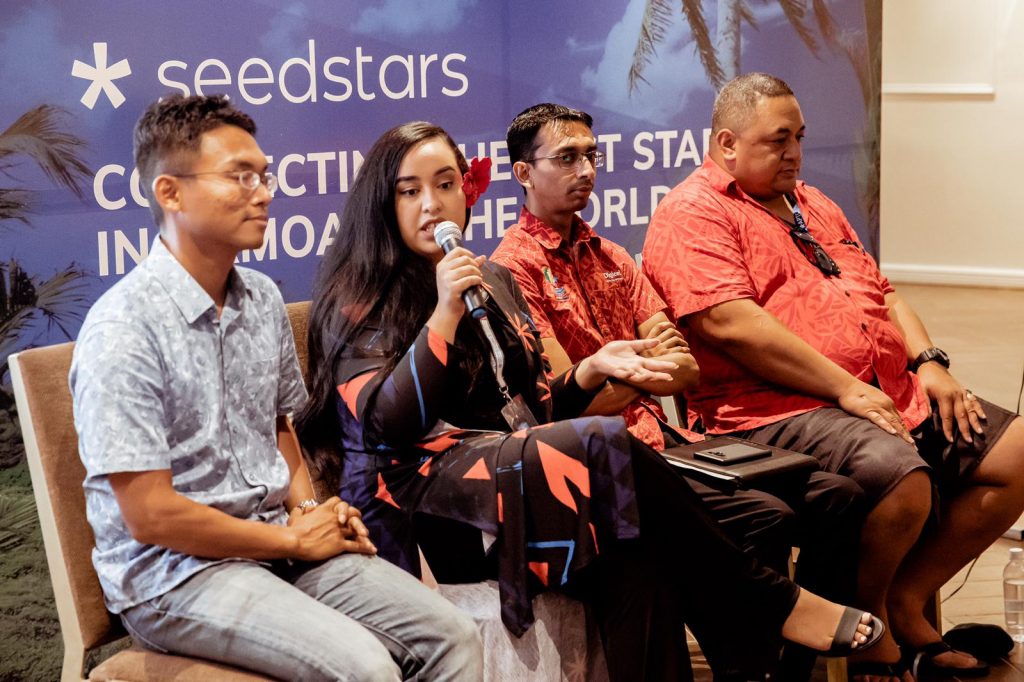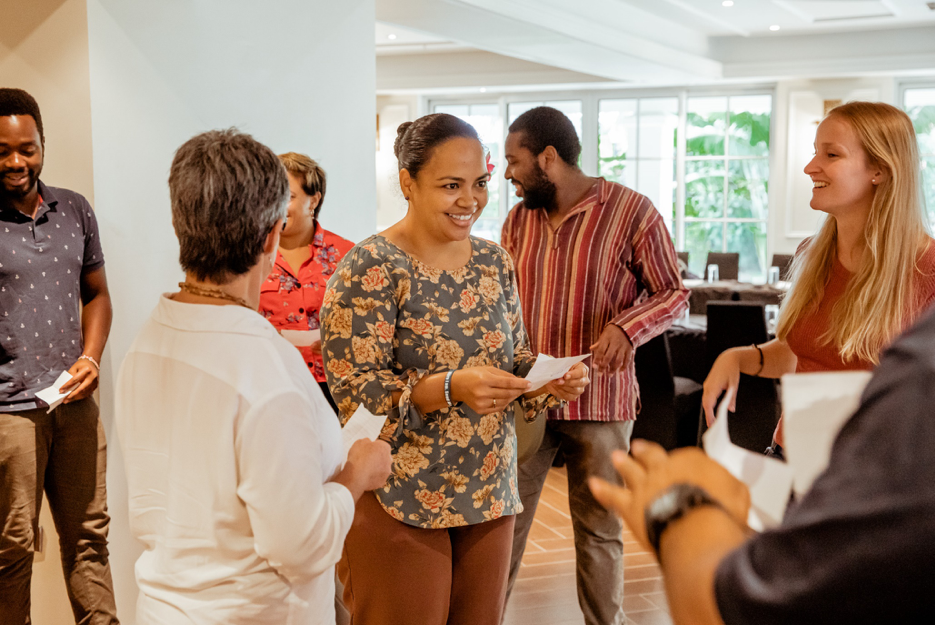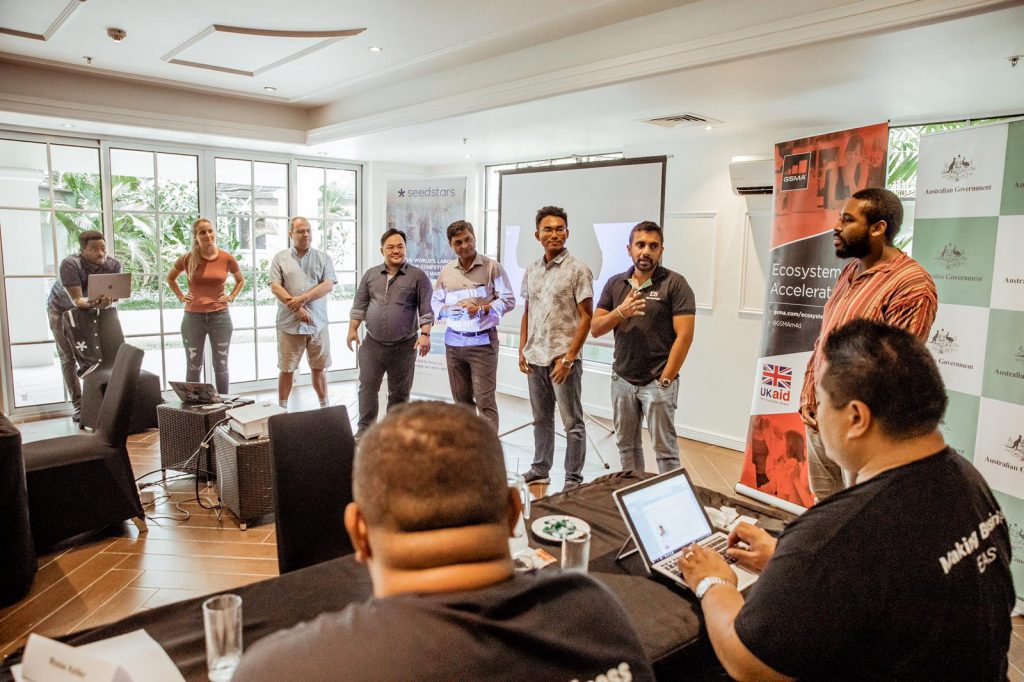The third and final of three events, being held in the Pacific region by Seedstars, in partnership with the GSMA and supported by the Australian Government, began on 24 September in Apia, Samoa. As with the previous events, two days of start-up bootcamp was followed by a pitching competition. We’d like to share our experiences from this event, before the winner attends the Seedstars Regional Summit in Cambodia.
The right test-environment for small-population markets
For any investor looking into the potential of Samoa, the population of 200,000 can often be a concern in returning statistically significant data. However, this country has a powerful answer. Given its stable economic and political conditions, coupled with relatively high connectivity levels, Samoa can serve as an innovation testbed for other economies where small populations live on islands.
Inclusive connectivity
From our own GSMA Intelligence data, SIM penetration in Samoa stand at 72 per cent, and of those, 79 per cent have access to internet via mobile broadband. This suggests that connectivity can act as the bridge for closing gaps and enabling inclusivity across different parts of the population (such as urban versus rural, the gender gap, persons with disability and financial inclusivity).
These examples also speak to the larger themes and aims of those participating in the event, where many of the start-ups are working on these exact issues – one founder aims to empower women in rural areas with health information, whilst another wants to encourage more online transactions by providing a way for those who don’t have means of electronic payments, to buy online.
The power of community
Many of the speakers, participants and start-ups at Seedstars Apia share personal connections. Samoa effectively acts as one, single community, where those in the villages, towns and cities treat each other as members of their own family, behaving and acting as one entity.
These connections extend across borders and regions. Many of the businesses have close links to Samoan diasporas across Australia, New Zealand, the United States and the rest of the Pacific region. In turn, this can encourage them to bring their experience and knowledge back to their fellow country-people.
Spending time in Samoa exposes you to a powerful creativity, spirit of perseverance and positivity that can and will be the fuel that propels Samoa on this technological journey.
Of the start-ups that pitched, here are the podium placements:
- In third place comes Health in Her Hands, a healthcare app for women. Samoa has a ratio of one doctor to every 3,000 patients (where the World Health Organisation recommendation is a ratio of one to 1,000). Pregnant women have limited avenue to consult with doctors during their pregnancy which results in unattended deliveries or pregnant women who have never consulted with a doctor until they get to the hospital. The start-up’s initially free app will provide information on reproductive health and they currently have eight female doctors who are willing to support the app.
- WE Accounting, which hopes to upskill accountants to provide more value-added services to entrepreneurs after automating their accounting processes, won second place.
- The winner of the day, Smart Pei, enables Samoans, with no access to credit cards, to buy or sell online from local and international e-commerce sites. By providing this service they will encourage more Samoans to use formal financial services such as banks and mobile money. The team is hoping to raise $200,000 in funding and to find bank and mobile wallet partners.
The GSMA Ecosystem Accelerator team will be looking forward to seeing how all of the start-ups across these three events compete at the Seedstars Regional Summit in Cambodia. To learn more about the previous two events, read our previous announcement blog for these events.
The Ecosystem Accelerator programme is supported by the UK Department for International Development (DFID), the Australian Government, the GSMA and its members.





